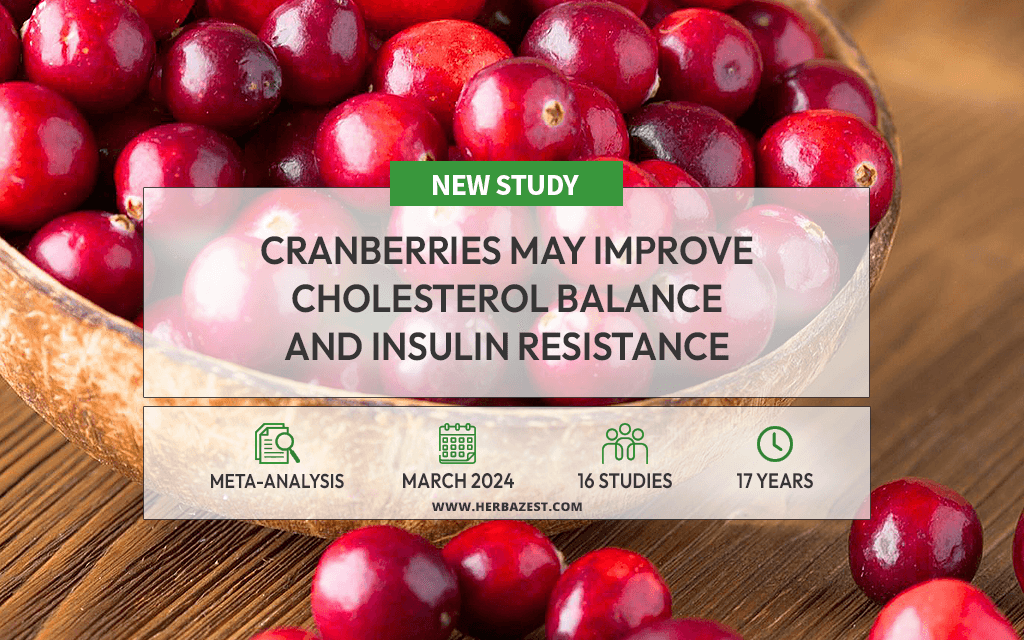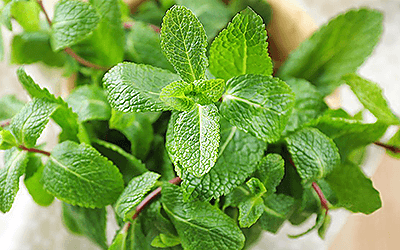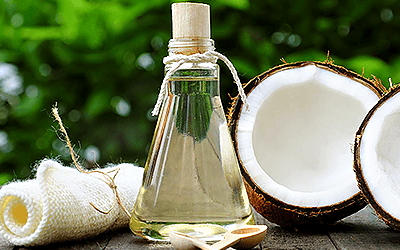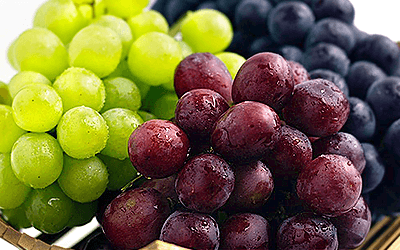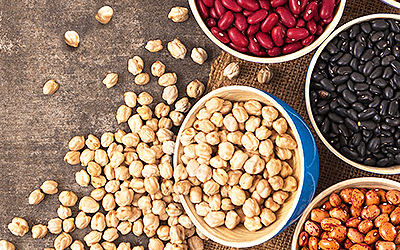Cranberries have long been celebrated for their vibrant color, tart flavor, and reputation for supporting urinary tract health. But these small berries are also packed with polyphenols, bioactive compounds linked to a range of health benefits.1 As interest grows in the role of plant-based foods in metabolic wellness, cranberries have caught researchers' attention for their potential to influence cholesterol levels and blood sugar control. A recent meta-analysis offers an updated look at how cranberry supplementation might affect lipid and glucose metabolism in humans.
The Study
Researchers from Southeast University in China systematically reviewed 16 randomized controlled trials involving adults who consumed cranberry products in forms like juice, powder, capsules, or tablets. The goal was to assess whether cranberry intake had measurable effects on blood lipid markers like total cholesterol, LDL, HDL, and triglycerides, as well as indicators of glucose regulation, including fasting insulin and insulin resistance. Participants varied in age and health status, ranging from healthy individuals to those with metabolic conditions.
The Results
The findings showed a meaningful reduction in the ratio of total cholesterol to HDL cholesterol, a marker considered more predictive of cardiovascular risk than either value alone. Cranberry supplementation also led to a significant improvement in insulin resistance, which is closely tied to metabolic health and type 2 diabetes risk.
However, cranberry did not significantly impact individual markers like total cholesterol, LDL, HDL, triglycerides, fasting glucose, or HbA1c across the board.
Interestingly, dried forms of cranberry (such as capsules, powder, and tablets) had a more pronounced effect on lowering fasting insulin levels compared to cranberry juice. Researchers suggest that the absence of added sugars in dried forms may make them more effective for supporting glucose metabolism.
What Does this Mean?
These findings highlight the potential of cranberries to support metabolic health, positioning them as a practical, plant-based addition to management plans, especially when consumed in concentrated or dried form. While cranberries are not a replacement for medical treatment, they may help fine-tune key health markers when included as part of a balanced diet.
For those seeking natural ways to support metabolic heart, incorporating dried cranberry supplements or unsweetened powder into meals or snacks could be a smart move. And for even more metabolic benefits, consider adding other polyphenol-rich foods like blueberries, pomegranates, and blackcurrants to your routine.
Sources
- Nutrients, The Effects of Cranberry Consumption on Glycemic and Lipid Profiles in Humans: A Systematic Review and Meta-Analysis of Randomized Controlled Trials, 2024
Footnotes:
- Colorado State University. (2021). What are Polyphenols? Another Great Reason to Eat Fruits and Veggies. Retrieved March 21, 2025, from https://www.chhs.colostate.edu/krnc/monthly-blog/what-are-polyphenols-another-great-reason-to-eat-fruits-and-veggies/
